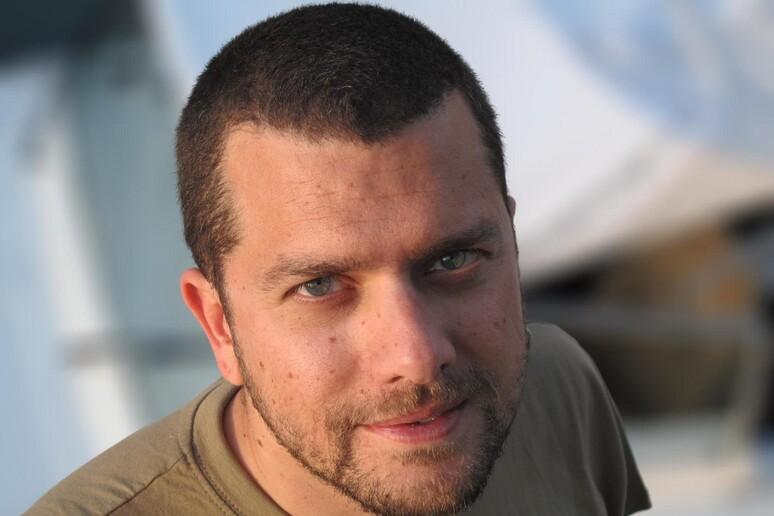A year of darkness, of isolation, of waiting. A year in which a man who dedicated his life to helping others became a hostage of politics himself. Alberto Trentini, an Italian aid worker detained in Venezuela since 15 November 2024, is the symbol of a cruel practice: ‘hostage diplomacy’, a strategy that transforms human lives into currency. Now, for the first time, 39 MEPs from all sides join together in a bipartisan appeal to demand his release. But why does the case of Alberto, an innocent man, not seem to stir enough consciences?
The Trentini case: one year of arbitrary detention
Alberto Trentini, 46 years old, originally from Lido di Venezia, is a aid worker with over twenty years of experience in crisis contexts: from Ethiopia to Peru, from Colombia to Lebanon. On November 15, 2024, while working for the NGO Humanity & Inclusion to support people with disabilities in Venezuelawas stopped at a checkpoint and transferred to El Rodeo prison, near Caracas. Since then, no formal charges have been brought against him, but only months later did the Venezuelan authorities speak of “terrorism”, without providing evidence or details. His detention is part of the so-called “hostage economy”, a practice of Nicolás Maduro’s regime that uses foreign detainees as leverage to obtain political or economic concessions from Western governments.
Alberto is not a tourist, nor an adventurer. He is a professional of international cooperationgraduated in History at Ca’ Foscari and specialized in health engineering. He worked in Ecuador, Ethiopia, Nepal, Greece, Peru, Lebanon, always alongside the most vulnerable. In Venezuela, he had arrived to coordinate humanitarian assistance projects. His arrest, which occurred for no apparent reason, sparked outrage from the international community and NGOs, who denounced a violation of human rights and international law.

The mother’s appeals: “Don’t get tired of talking about him”
Armanda Colusso, Alberto’s mother, broke the silence imposed by the institutions and launched heartfelt appeals to the media, the government and civil society. «A year without my Alberto is a year of unbearable waiting. He dedicated his life to others, now he is the one who needs you», he wrote in a public letter. The family denounced the inaction of the Italian government, which only after months appointed a special envoy for prisoners in Venezuela, Luigi Maria Vignali. “Not enough has been done,” said Armanda, underlining that only strong media and diplomatic pressure can lead to her son’s release.
The bipartisan appeal of MEPs: a sign of hope?
On 26 November 2025, 39 Italian MEPs – from PD to FDI, passing through M5S and AVS – signed a joint appeal to ask for Alberto’s release. “We ask for an act of humanity: the release of Alberto Trentini. A gesture of clemency in a moment of regional tensions would have a profound meaning, as a signal of desire for dialogue and peace”, we read in the text. The appeal, transversal and bipartisan, is a rare fact and underlines the urgency of action. But will it be enough to shake Maduro’s regime?
“Hostage diplomacy”: a system that spares no one
Alberto’s case is not isolated. In Venezuela, around fifteen Italians are detained in similar conditions, often without charges or trial. There “Hostage diplomacy” is a consolidated practice: the regime uses foreign prisoners as bargaining chips to obtain political or economic advantages. As in the case of Cecilia Sala, freed from Iran after a strong mobilization, Alberto also needs a clear and decisive strategy, which combines diplomacy, media pressure and civil society commitment.
The story of Alberto Trentini questions us all. It is not just the story of an unjustly detained aid worker, but the symbol of a battle for human dignity and fundamental rights. Every day of detention is an open wound for his family and for those who believe in justice. The mobilization must not stop: talk about Alberto, share his storyasking the institutions to act with determination is the least we can do to not leave him alone. Alberto spent his life for others. Now it’s our turn to speak out for him.


